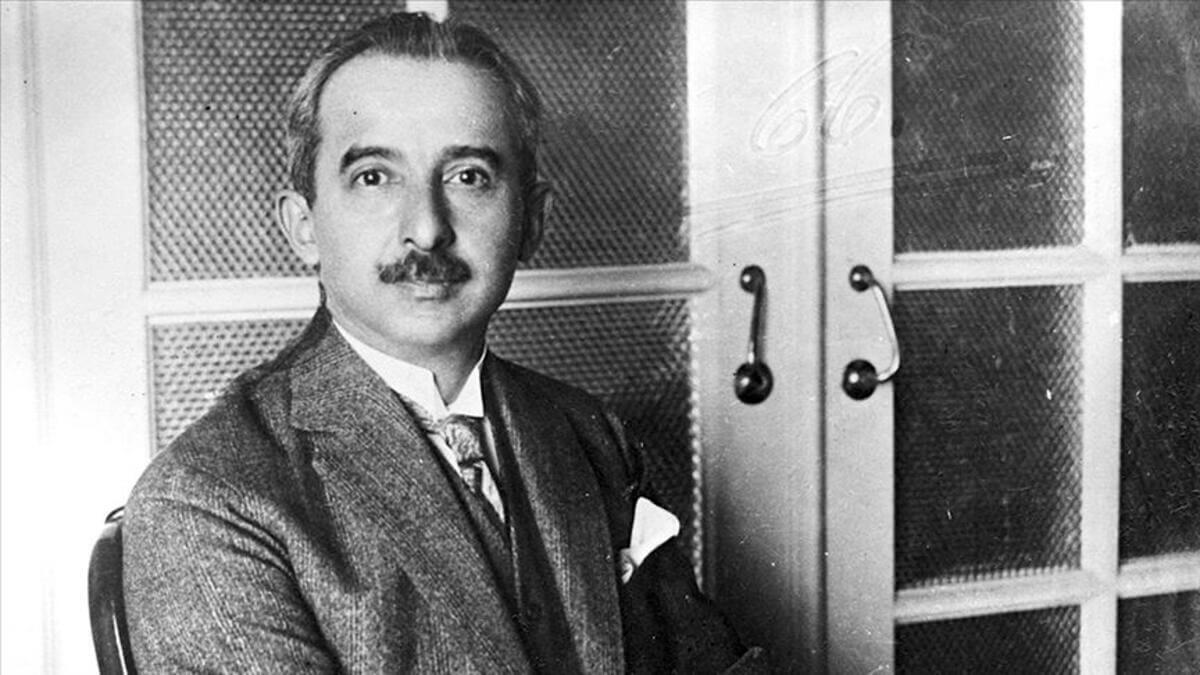Explore the life and political career of İsmet İnönü, a prominent Turkish military and political leader who served as the President of the Turkish Republic from 1938 to 1950. Learn about his early military education, association with the Young Turks, key role in the Turkish War of Independence, and his succession to the presidency after Mustafa Kemal Atatürk.

Ismet Inonu;(1884-1973), Turkish and military political leader, who was president of the Turkish republic from 1938 to 1950. He was bom in İzmir (Smyrna) on Sept. 24, 1884. Educated for a military career, he graduated from the Artillery College in Istanbul in 1906.
While serving with the Army of the Balkans, İsmet associated himself with the revolutionary Young Turks. During World War I he was a staff officer and held command in eastern Anatolia. After Turkey’s defeat, he joined the resistance movement that Mustafa Kemal, later known as Atatürk, was organizing in Anatolia, and in 1921 he led the troops that defeated the Greek invaders at İnönü (which he was to choose as*a surname in 1935). With Kemal as president, İsmet was the first prime minister of the new republic, conducting the negotiations with the Allied powers in 1922-1923 that led to the Treaty of Lausanne.
President and Party Leader. Kemal Atatürk died in 1938, and İnönü succeeded him as president and as leader of the Republican People’s party, the only political party allowed in the country. Throughout World War II he maintained the authoritarianism of his predecessor at home, while observing abroad a correct neutrality toward both sides in the conflict.
After the war, alliances with the West demanded a more democratic image, so other political parties were allowed to emerge. In 1950 his party was defeated by the Democratic party, and he remained out of office until after the government was ousted by an army coup d’etat on May 27, 1960. In elections held under a new constitution in October 1961, his party again failed to gain a clear majority, but İnönü became prime minister of a coalition government.
In October 1965, new elections again swept the Republican party out of office, and the government was formed by the Adalet (Justice) party, a new projection of the old outlawed Democratic party. The younger men in the Republican party now sought political salvation in radicalism. Inönü’s support for this left-of-center faction alienated the more conservative members who, in May 1967, resigned in protest and formed the Güven (Reliance) party. From a position of extreme authoritarianism, inönü had moved across the political spectrum to a radical liberalism. He resigned the chairmanship of the Republican party in 1972 and died in Ankara on Dec. 25, 1973.